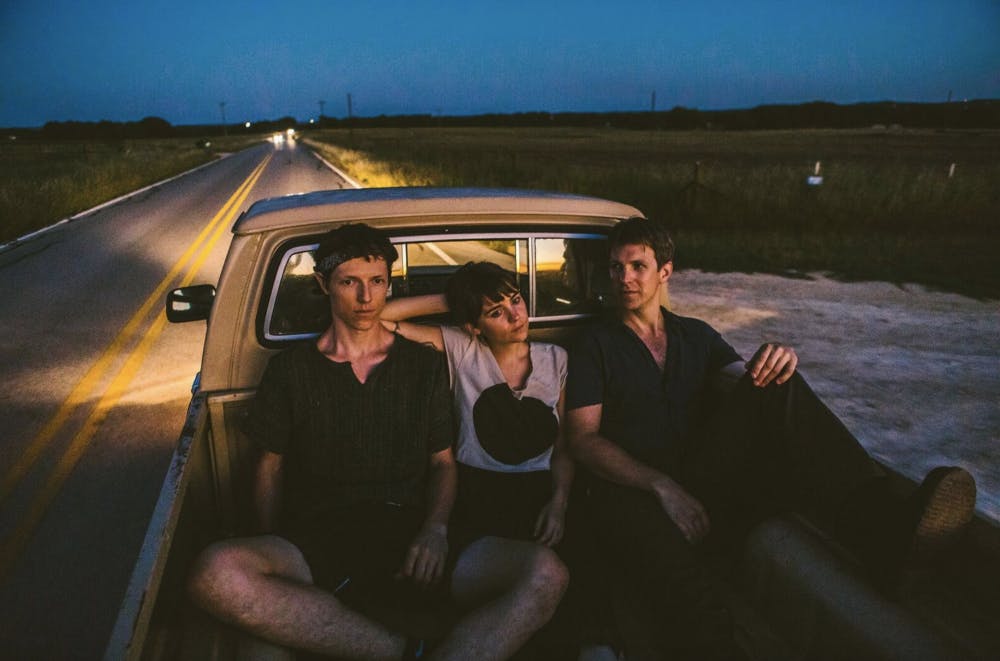Loma will be playing at Cat’s Cradle on Saturday at 7:30 p.m. The Texas-based band is touring to support its self-titled debut album, which was released on Sub Pop in February.
Staff writer Jackson Byrne talked to Jonathan Meiburg, who plays guitar in the band, about the band’s formation, their debut album and playing their songs live.
The Daily Tar Heel: Could you tell me how you got involved with the band and how this debut album came about?
Jonathan Meilburg: I’m the singer for a band called Shearwater and we’ve been making records and touring for years now. On our last tour, in 2016, for our record, Jet Plane and Oxbow, we took Cross Record as our opening band. Cross Record consisted then of Emily Cross, the singer of Loma, and Dan Duszynski, the recording engineer, producer and drummer from Loma.
So we were riding around in a van together for almost a year and watching each other play every night, and I was so captivated by their music and their approach to making music that I wanted to know how they worked. After a really good show, in I think Belgium, I approached them and said “Look, let’s make a record together. I’d love to see what would come out of that."
A few months later, that was what we did. I flew down to Texas and stayed a few weeks working on songs with them, in a very experimental, “Is this anything?” way, and at the end of those few weeks we had a core of the album ready. Songs like “I Don’t Want Children,” “Black Willow,” “Joy” and “Sundogs” were already there in a form where you could tell what they were going to be. We all felt very excited about it, and over the next several months, we kept coming back in a period of two weeks or 10 days to keep fleshing those songs out, write more songs and discard some things that weren’t working. There was just sort of a magical feeling about the whole process. It was like all three of us had our hands on the Ouija board and no one was exactly leading.
The album just appeared more than any other album I’ve ever worked on. It felt like some energy was in charge that we were all somehow summoning. I made that sound too magical, but there was something that seemed charmed about it, and none of us wanted to disturb it, it was like we were blowing a giant soap bubble.



